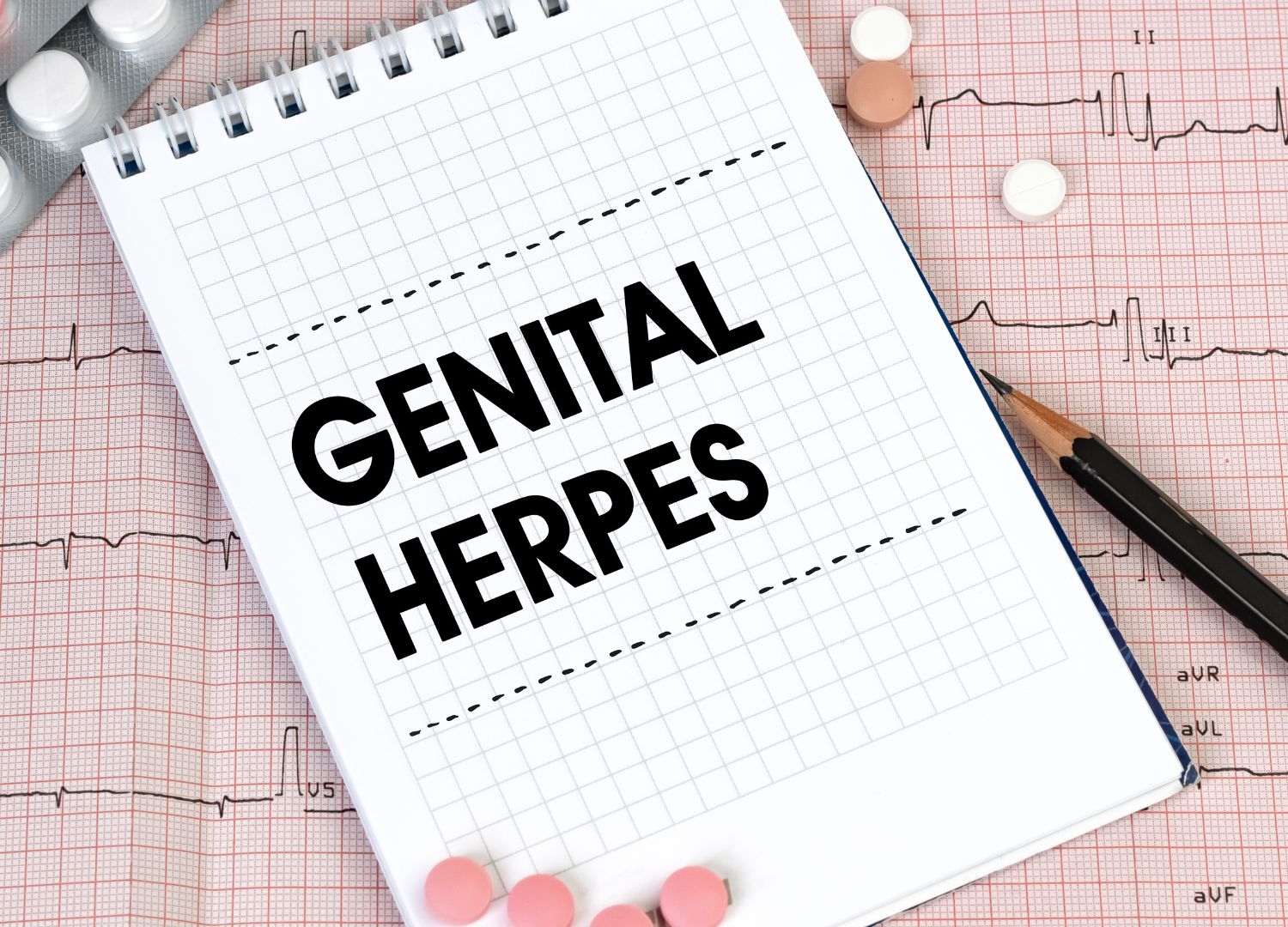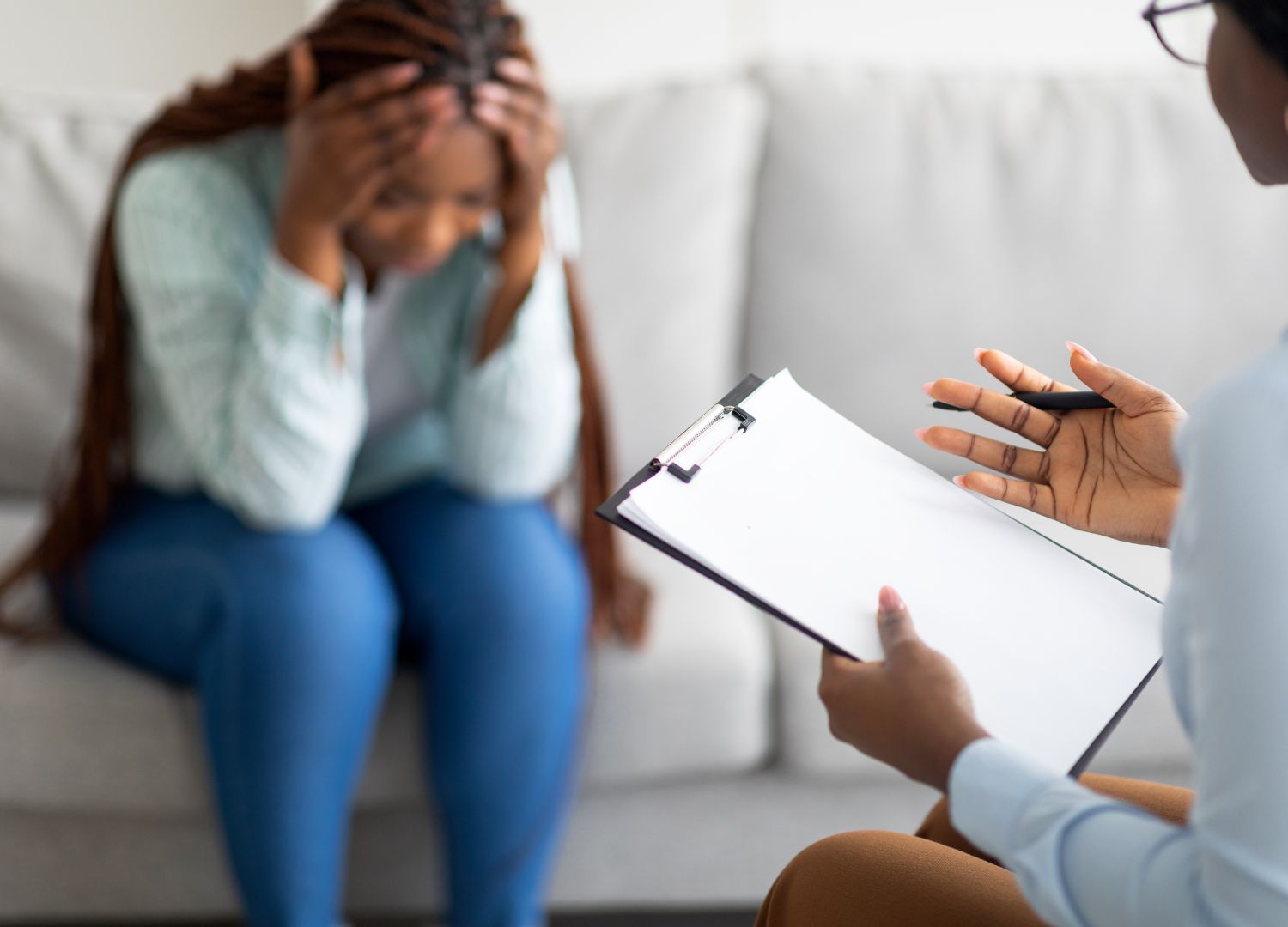
The fear of weight gain na eating disorder wen we fit identify with low weight (wen to naked eyes fit notice), fear of weight gain, cutting off from plenty foods, and strong desire to remain thin.
E nor go matter how (thiniboko )thin to the bones person wen get this sickness be, e go still dey see em self as fatty . This sickness so dey affect both male and female , although e dey more common for females.
Causes
The exact cause of this eating disorder nor dey known, but some risk factors dey involved and dem be :
• Biological factors: fear of weight gain don dey known say e dey highly heritable. Also, e fit result from gastrointestinal diseases and changes for hormones wen dey control mood and appetite.
• Environmental factors: Pressure from loved ones and the society as a whole, wen be say na only people wen thin dey dey call beautiful or handsome.
• Emotional/ Psychological factors: Some pple wen get this fear of weight gain dey feel inadequate, dem get very low self-esteem and dem lack self-confidence.
Symptoms
Apart from the weight loss wen dey noticeable wen dey spread reach months or years, okpe with this disorder dey also get or do the following:
1. Dem dey eat almost nothing even wen dem dey too thin and fragile.
2. Dem get great fear of weight gain.
3. Dem dey always feel fat, even wen dem don turn thiniboko (visibly thin to the bones).
4.Dem dey get Anxiety, rapid mood swings or depression.
5. Dem get Intolerance to cold due to fact say dey don use up the normal layer of fat under dia skin.
6. Women wen get this disorder after prolonged weight loss menses fit stop, and e dey often associated with other signs of overall malnutrition like presence of fragile hair and unhealthy yellowish skin.
7. Social withdrawal from family and friends, dem go begin dey avoid social gatherings.
8. Dem go dey force dia self to vomit.
Treatment
1. Therapy: Family therapy dey known to dey more effective than individual therapy as need dey for the family members to understand the root causes of the disorder and lend helping hand to the person.
E dey best to seek help from expert with experience for the treatment of dis disorder. E dey important to check for possible underlying causes.
2. Medication: Use of antidepressants to control anxiety and depression go dey necessary, if dem dey associated with the eating disorder.
3. Nutrition counselling: to teach the person wen get the disorder about the importance of healthy feeding fit reduce the eating disorder.
Take Home Message
Need dey to teach and encourage young people about proper nutrition and confidence for dia body image to prevent the development or worsening of eating disorders.
Cases wen dem nor treat dey tend to worsen over time, make sure say you get medical care immediately if you or person close to you dey suspected to get this fear of weight gain or any other eating disorders.












